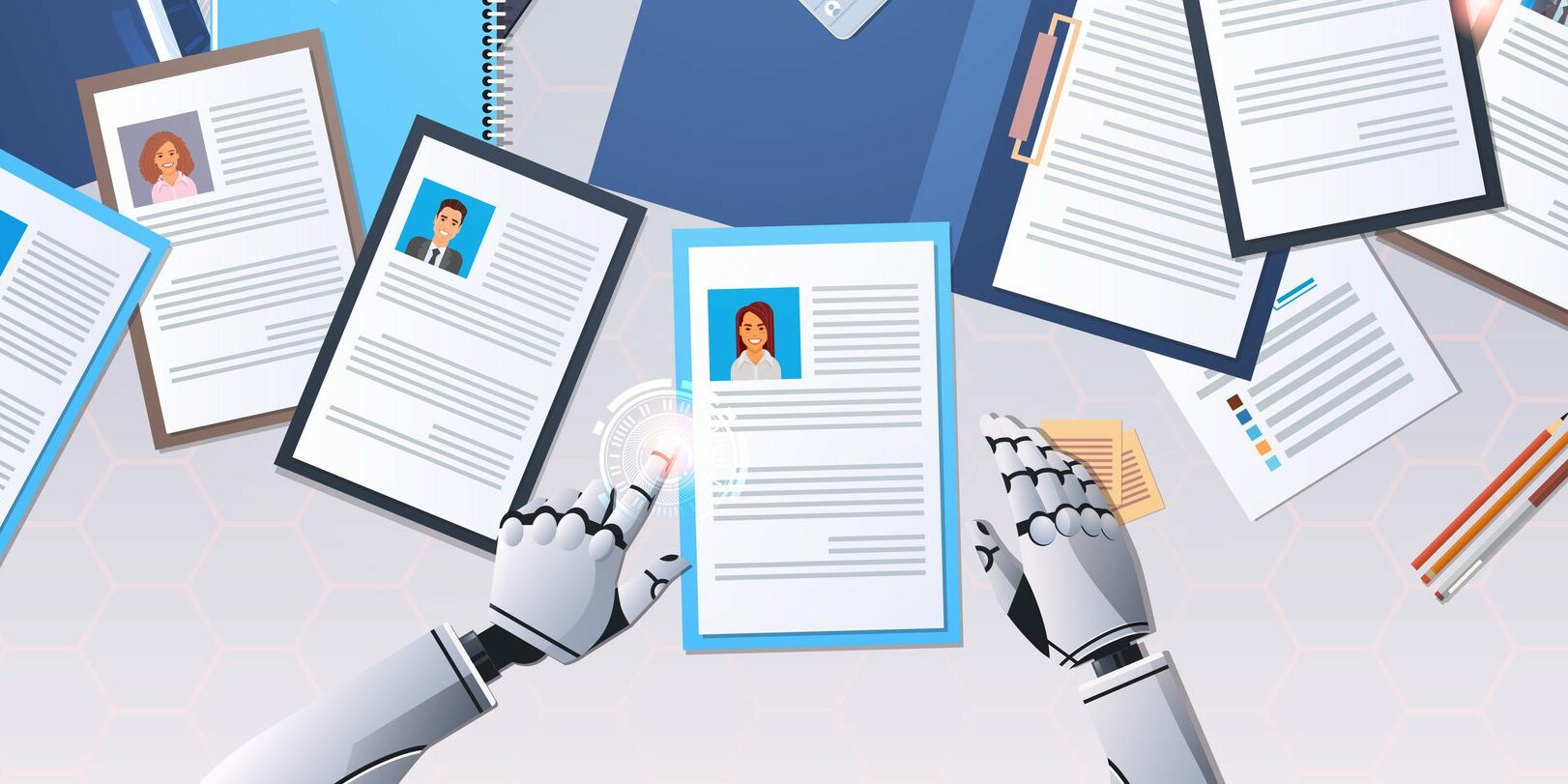
In many ways, we’ve vastly improved how quickly we can send and receive job applications over the past two decades. Gone are the days of printed resumes and mailed cover letters. Candidates can easily curate and upload resumes for several positions in just a few minutes. Employers use technology to cast a wider net; expanding the talent pool.
However, not all technological advances to the application process have been overwhelmingly successful. Resume parsing can still be clunky, candidates dread (or abandon) forms that require typing in the same info that has just been uploaded, and keyword-software can push the right candidate to the bottom of the pile. Likewise, the introduction of artificial intelligence in the application process has been no different.
AI is a double-edged sword as it learns to qualify the best applicants. It can help promote diversity by avoiding human-based biases that may come from seeing a name or location. Likewise, it can sift quickly through hundreds or thousands of applications, decreasing the cost and manpower to highlight the ‘best’ applicants.
But can AI truly learn to identify a more diverse and better qualified candidate base? Maybe. AI is built on historical data – which is built by humans. According to the AI NOW Institute at New York University, even companies with the most aggressive diversity hiring goals (think FAANG) are limited by the fact that nearly 80% of their AI researchers are white men. This means that unconscious bias inherently exists in the application process before a single resume is received.
Data being used by AI builders is likely based on criteria and words that favor men from certain educational and socio economic backgrounds. In fact, McKinsey details how a tech company discontinued its hiring algorithm after an analysis illustrated that its AI-influenced decisions overlooked applicants who had attended women’s colleges. Even Amazon’s hiring AI, modeled after the resumes of successful employees, only took men’s’ profiles into account. This is particularly important when you consider that STEM careers already overwhelmingly lack diversity.
AI can play an important role in the hiring process, but its limitations should be recognized. As a candidate, it can be frustrating being thrust into a black hole of applications. Hiring is an inherently human process. Yes, we can attempt to bring on the most qualified person for the position, but they’ll also need to embrace the company’s product or service, work with a team, or show up to an interview on-time. AI can’t feel for work ethic, passion for their craft, or non-resume-based life experience.
Modern, up-to-date data points are needed to help shape AI, diversity in STEM must increase, and regular analysis of AI-based decisions are required to improve the AI hiring journey. It’s an ever-evolving process that requires human input, modifications, and rethinking how AI is generated.
Getting to the top of a resume pile that bypasses keyword triggers or suppresses certain experiences can be difficult and time consuming. Having a live person review your resume is becoming more and more challenging. Consider using your network to get a direct link to a hiring manager, connect with talent acquisition on sites like LinkedIn, or attend hiring events.
Alternatively, use a recruiter who is looking at your resume and breaking it down point by point with you. A good recruiter will review all competent applications by hand. They are trained to read between the lines of a resume by asking questions, assessing your answers, providing feedback, and giving tips on resume enhancements. Recruiters are your direct link to hiring managers who are trying to solve business-critical needs within their own organizations. A polished, screened resume from a recruiter is likely to hold more weight than one submitted with hundreds of others on a job board.
AI will continue to evolve and become a more integral part of the hiring process. It is important to recognize its flaws and adjust your hiring and application workflow accordingly.
Looking to get feedback on your tech resume? Our technical recruiters can help guide you as you build or re-brand your resume for today’s highly competitive technical jobs. Contact Michael at mdsupin@talener.com

